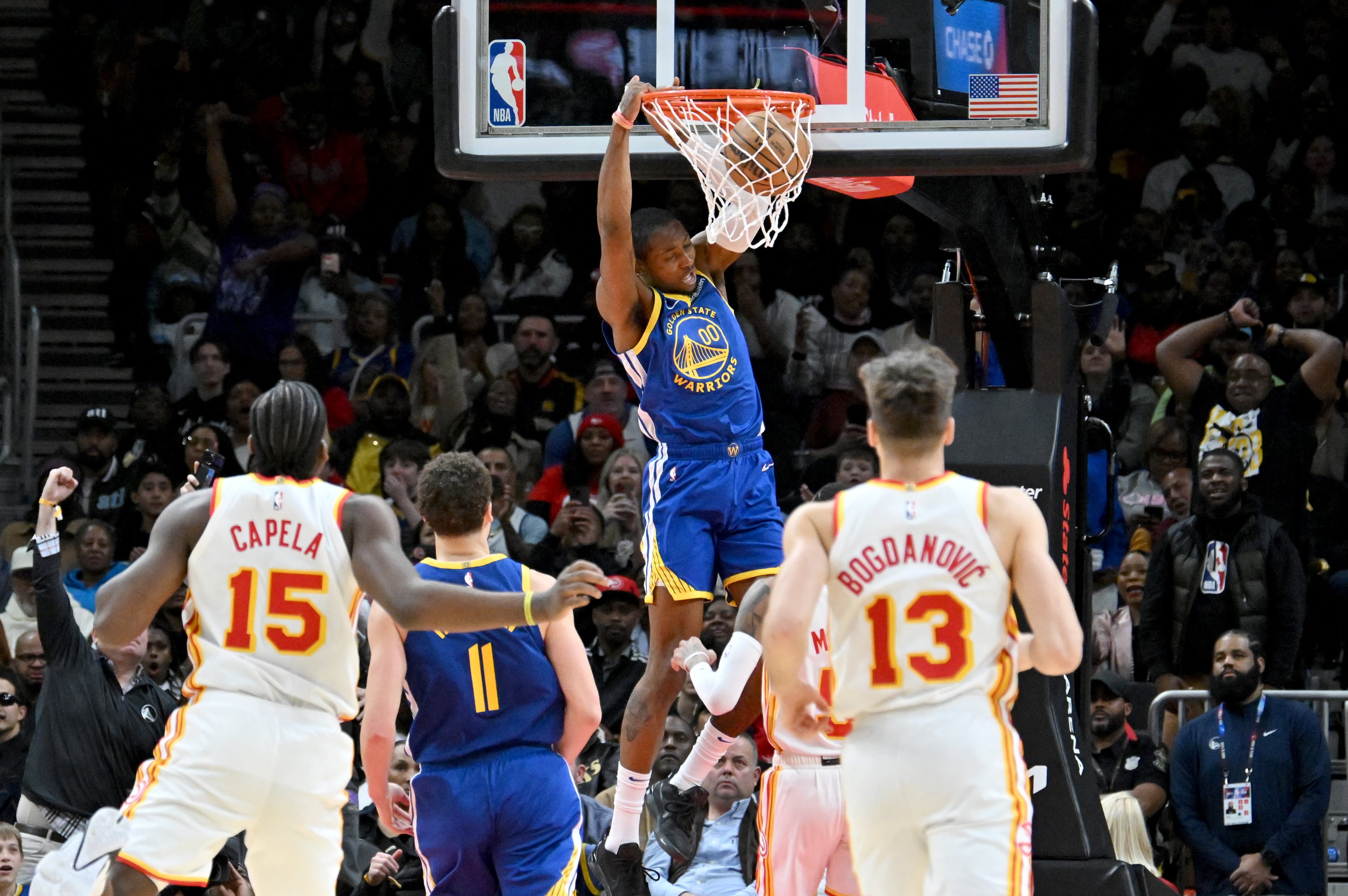Season's second half to get harder for Hawks
Joe Johnson often says the most important thing for the Hawks is "just going out and having fun" and their victory at Sacramento last week was exactly what he meant.
The Hawks crisply passed the ball for open shots, made most of them and the hapless Kings could do little about it. Sparked by their offense, the Hawks defended with vigor and pushed the pace at every opportunity.
“It picks up our energy on defense because we can’t wait to get out and run on offense,” Hawks guard Jamal Crawford said.
The Hawks are a force when their offense clicks against opponents that can't match their talent. That's a major reason they entered Thursday tied for third in the Eastern Conference after 40 games.
But they will find neither of those circumstances in the playoffs, where any talent deficit is small and those open shots are harder to find. They will have to play the grinding, defensive games in which they've regularly faltered.
In other words, the postseason won't nearly be as fun for the Hawks as a January game at Sacramento. What happens then?
The Hawks won't have to wait until the playoffs to get some clues to the answer.
For all their flaws, the Hawks enter the second half of the regular season on a roll. They have the longest active winning streak in the conference (five games) and have won nine of their last 11 games.
But Atlanta's 26-14 record has been earned mostly against weaker teams in what has been the easiest schedule in the East.
According to data complied by ESPN's John Hollinger, entering Thursday Atlanta's opponents had the lowest combined winning percentage (.463) of any team in the conference. Atlanta was 4-9 against opponents that currently have winning records and 22-5 against those below .500.
The Hawks counter those facts by rightly noting that they've dealt with key injuries while playing a schedule that has been difficult by volume if not competition.
Atlanta played a conference-high 40 games over the first 79 days of the season, including 11 sets of back-to-back games. Its next 42 games are spread over 89 calendar days with 11 back-to-back sets.
The busy schedule has exacerbated Atlanta's injuries. Hawks players have missed 47 games due to injuries or illness, including 29 games by starters and key reserves.
Atlanta also has faced its toughest competition on the road, where it owns a 3-6 mark against winning teams. From here on, they will face more of those teams at Philips Arena, where they've won 10 in a row.
To beat those teams, the Hawks will have to have to find a way to win when it's tough for them to score. Good teams that have engaged the Hawks in tightly-contested games usually beat them because Atlanta can't make key defensive stops.
Often that's because Atlanta's guards get beat off the dribble. That leads to open jumpers, drive-and-dishes for easy shots or baskets on offensive rebounds because Atlanta’s big men are constantly helping.
Those breakdowns will make it difficult for the Hawks to win tight games in the postseason, when simply outscoring opponents is not a winning strategy. Until they beat the best teams when they can't play their style, the Hawks can't be considered among the East's elite.
They will get their chance to do that over the season's second half.
More Stories
The Latest



